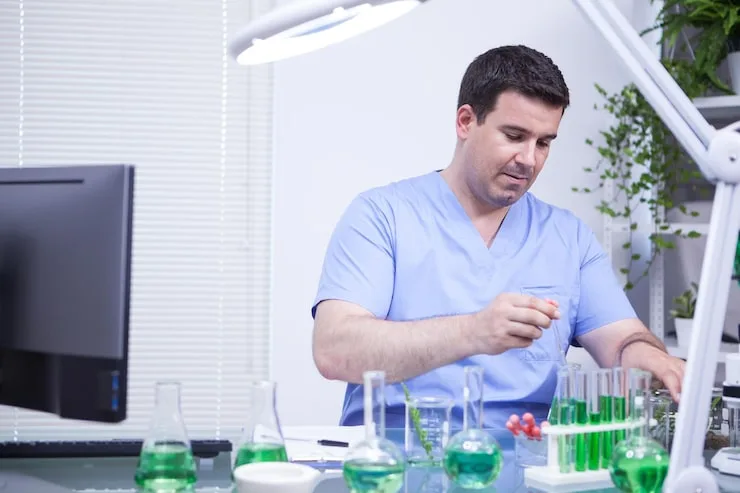Is Periodontal Disease Communicable?
Periodontal disease is known as gum disease. It’s an infection that affects the bone tissue around your gums. The infection can range from mild (such as gingivitis) to severe. In periodontitis, bacterial buildup in the plaque can irritate your gums and inflame them. The infection begins to eat away at the connective tissue that keeps your teeth in their sockets.
This makes it hard to properly clean the area between your teeth, and more plaque continues to accumulate, leading to further inflammation. Eventually, you may experience bone loss around the teeth. That’s why you should get treatment early enough before periodontal disease causes bone loss and tooth loss.
Is it Contagious?
Periodontal disease is communicable, which means it can spread from one person to another. The bacteria that cause periodontitis easily spread. Thus, if you come into contact with an individual with periodontal disease, you risk getting infected. If you already have it, you can unknowingly spread it to others. This infection spreads through saliva contact, especially when;
- Eating from the same utensils
- Kissing
- Sipping from the same straw
Note that the disease itself isn’t contagious. However, the bacteria that cause it can spread from one person to another. To avoid spreading the bacteria, avoid kissing or sharing items associated with saliva contact with individuals who you suspect have gum disease.
Warning Signs of Periodontal Disease
Periodontal disease begins as an inflammation that worsens over time. It starts with gum inflammation (gingivitis). One of the earliest signs of inflammation is that your gums often bleed when you floss or brush your teeth. You may also notice plaque accumulation and teeth discoloration.
If you don’t get early treatment, gingivitis may worsen to early periodontal disease. This can cause the gums to begin pulling away from your teeth (receding). Gum bleeding when flossing or brushing is also common in individuals with early periodontal disease.
This condition will progress to moderate periodontal disease if you don’t get professional treatment. Beyond gum recession, you may notice your teeth are becoming loose. At this stage, the infection can trigger an inflammatory response throughout your body.
If still not treated, you’ll most likely suffer from advanced periodontal disease. The tissue that keeps your teeth in the right place will begin to deteriorate. Here are the common symptoms of periodontal disease;
- Pain when chewing
- Bleeding gums often occur when you brush or floss your teeth
- Loose teeth or a shift in the position of your teeth
- Inflammatory response throughout your body
- Plaque buildup
- Tooth loss
- Receding gums
- Bad breath
The bacteria that cause periodontitis can spread from one individual to another. However, the disease can be stopped if diagnosed and treated early enough. Schedule an appointment with your dentist the moment you notice the earliest signs of periodontitis or any other dental issue. Educate yourself with content from DianaRangaves.com





